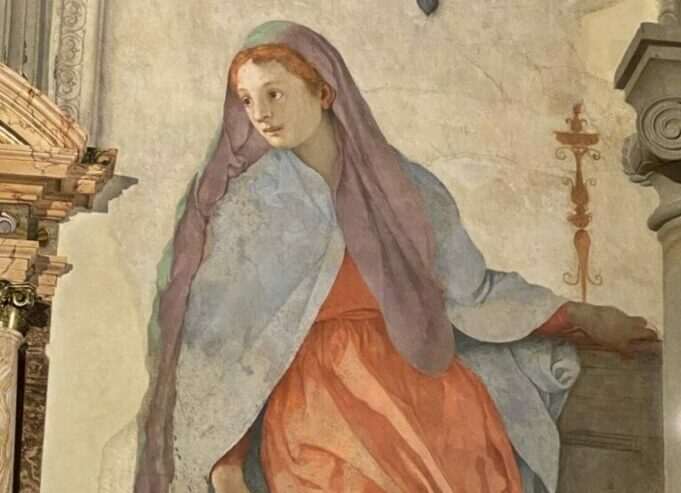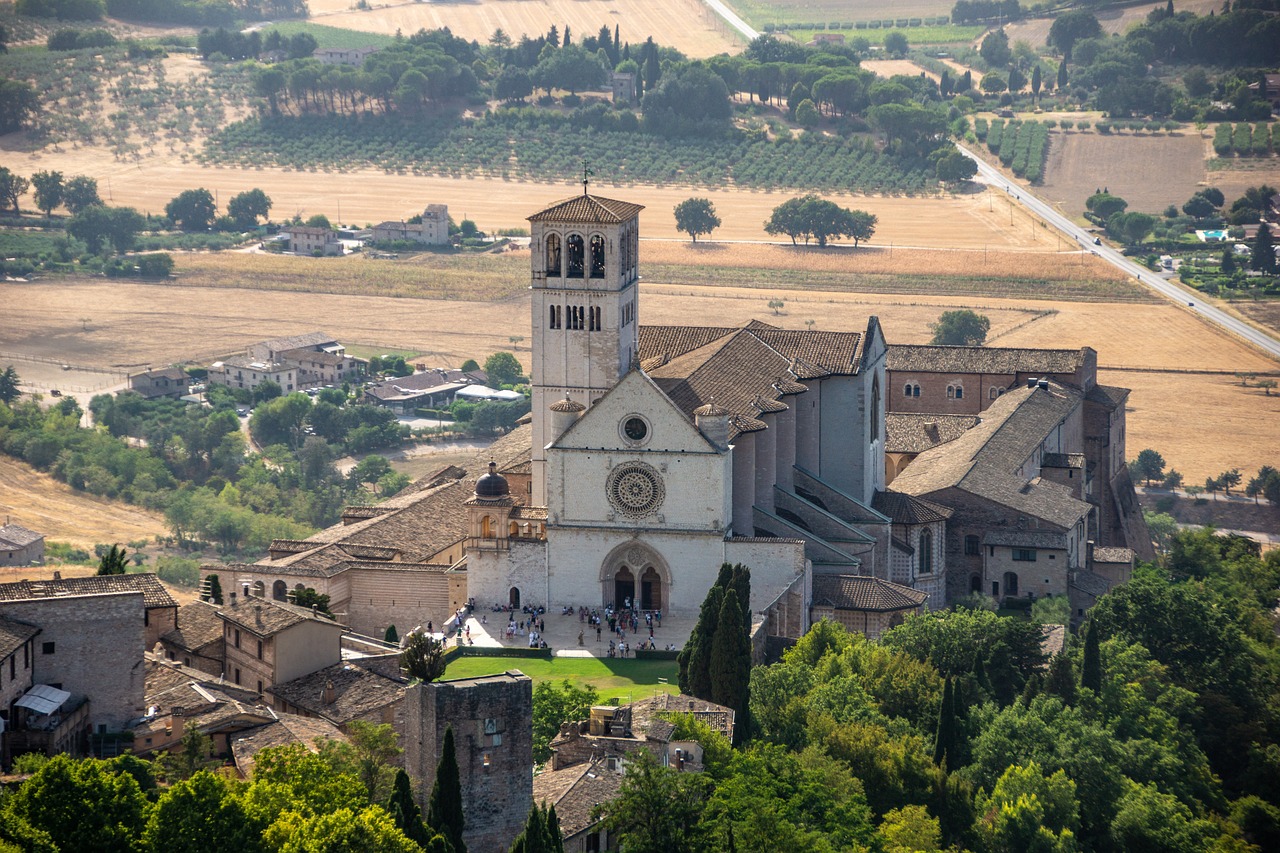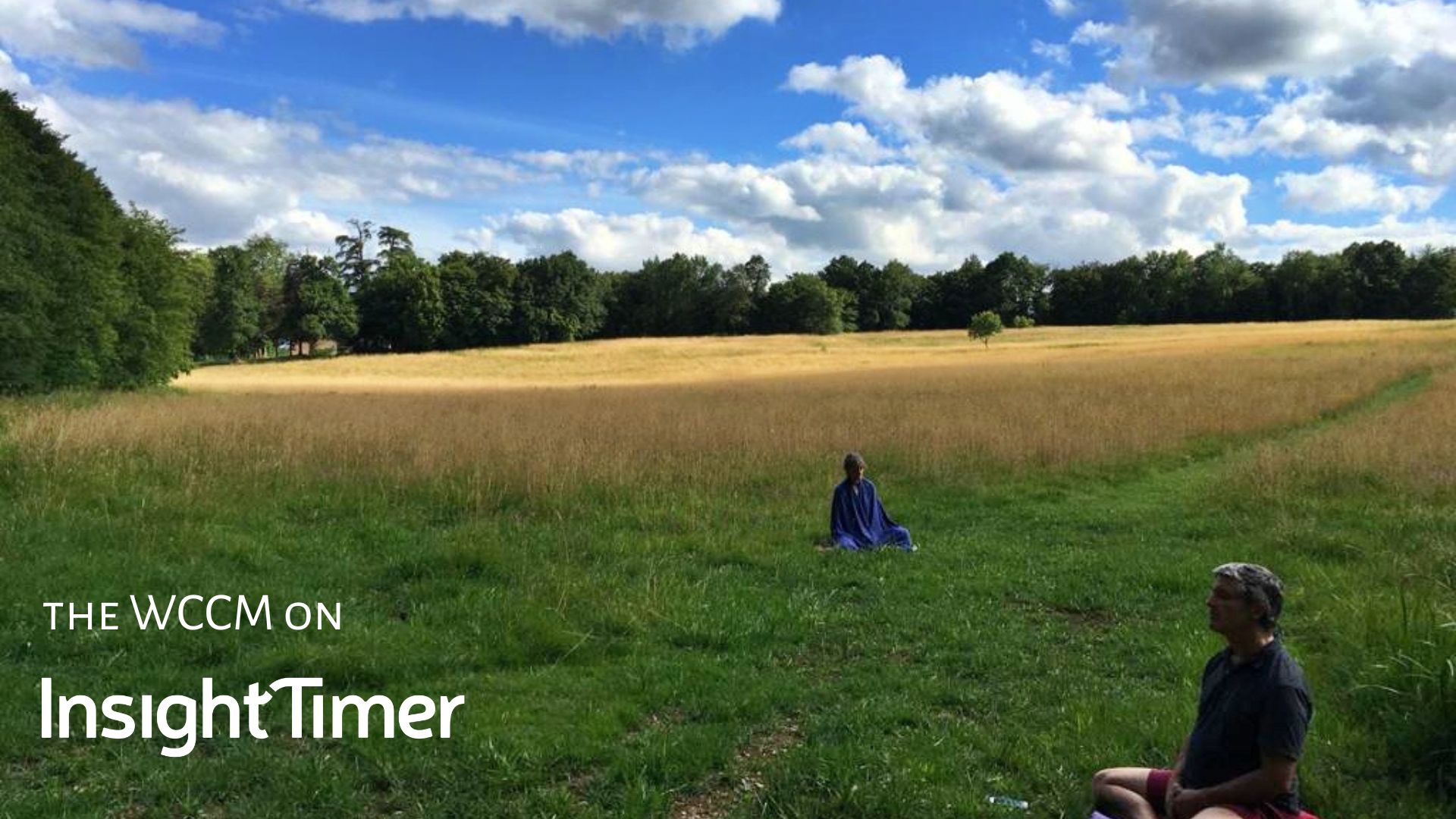Also Listen on:
The other day someone sent me an article on Trappist beer. Apparently, the famous Belgian monasteries that produce it are in trouble because a lack of vocations is threatening to dry up the beer supply. The story I like about Belgian beer is of the monastery whose product became a cult item. It was produced in limited quantity and every Friday sold out in an hour to long lines of customers. When the monks needed to build a new church, they increased production and sold it in supermarkets. They quickly gathered the funds they needed and then.. defying the economics of market forces… simply reduced production to its former level.
In Buddhism monks are not allowed to work and it is the privilege of lay people to support them in return for their witness to higher values and for their spiritual teaching. In Christianity, by contrast, monks aim as far as they can to support themselves. St Benedict even says, in Chapter 48 On Daily Manual Labour, ‘they are truly monks when they live by the labour of their hands’. He says if they are a small community and can’t get help with the harvest then they shouldn’t complain about bringing it in alone.
Elsewhere he shows that the early monastic communities were an important part of local economies, good employers, who sold their products a little below market prices. The desert fathers wove baskets near the Nile and worked as labourers; medieval monks copied manuscripts and farmed; the Trappists in Duval or Grimbergen make beer. Business people who produce consumer goods and services may look amusedly on the work that monks do to survive. But they might also learn the lesson they give about good work and ensuring that work, prayer, community and culture remain in healthy balance.
In earlier eras of human crisis, monasticism, always present in advanced societies in some form, was conceived and became unexpectedly necessary for social survival. The rhythm of monastic life, its lived values and its awareness of the transparency of different overlapping dimensions meant that the goal of life could be seen in practice not only spoken about as theory. When John the Baptist was asked by the troubled people of his time, ‘what shall we do?’, his reply anticipates our age of extreme inequality that drives the resentment cycle of populism and undermines democracy. (An age where, in 2018, the combined wealth of three individuals exceeded that of the poorest half of all other Americans.)
In Benedict’s vision there is no great virtue merely in being or looking poor. For him, the essence of monastic poverty consists in moderation and in sharing of goods, in simplicity of life and compassionate generosity. Community is necessary to sustain this way of life and to make it delightful as well as practical. And we know at least one of the essential ways of conceiving and bringing birth to community.







